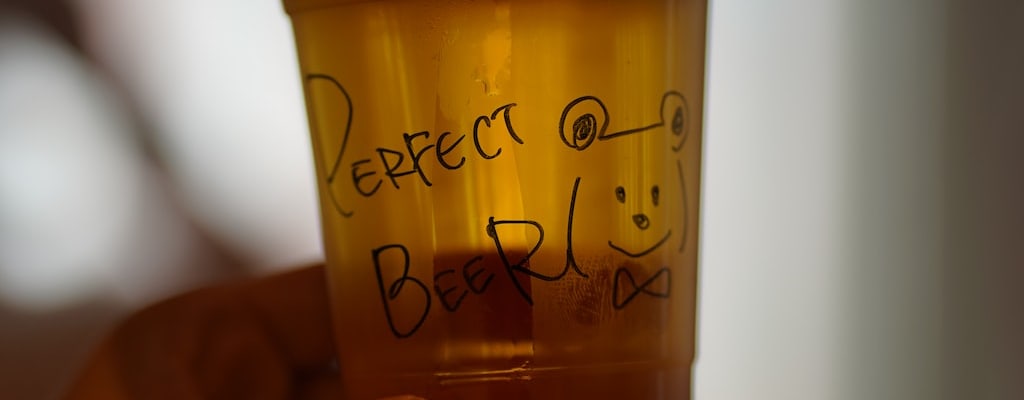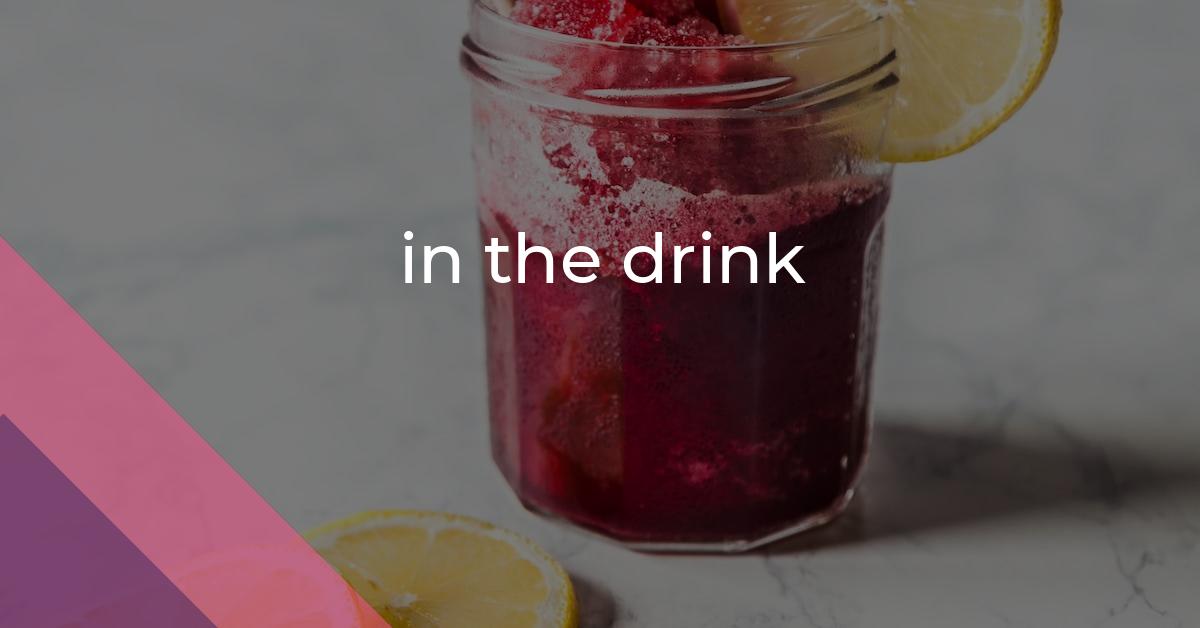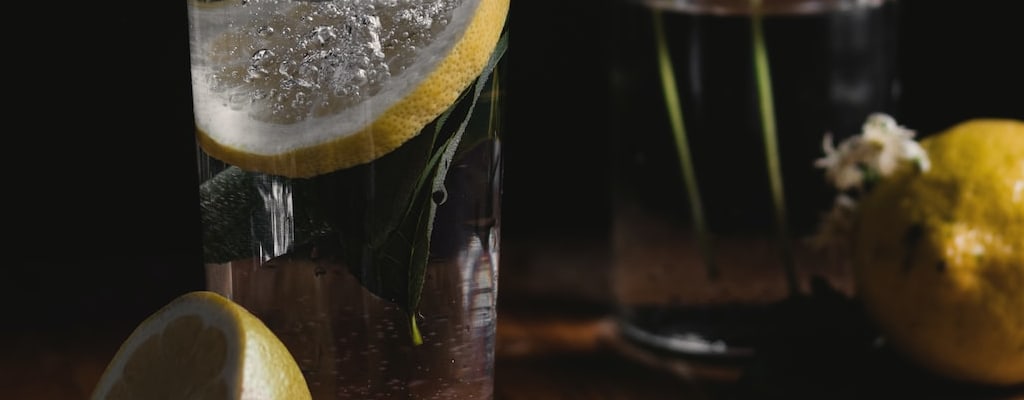in the drink: Idiom Meaning and Origin
What does ‘in the drink’ mean?
The idiom *in the drink* means to be in a difficult or unpleasant situation, often caused by one's own actions or decisions. It originates from the idea of someone falling into water or a drink, representing a sudden and unexpected mishap or trouble.

Idiom Explorer
The idiom "in too deep" means being heavily involved or committed to a situation or problem to an extent that it becomes difficult or impossible to escape or resolve it.
The idiom "in the wrong place at the wrong time" means being in a situation where something bad happens due to unfortunate timing or circumstances.
The idiom "in the toilet" means that something is in a troubled or bad state, typically referring to a situation that has gone wrong or is failing. It is a casual expression that implies a negative outcome or result.
The idiom "in the thick of it" means being deeply involved or immersed in a difficult or challenging situation.
The idiom "in the swim" means to be actively involved or participating in something, typically referring to being part of the current trends, events, or activities. It suggests being well-informed and connected to what is happening around you.
The idiom "in the hole" means to be in debt or in a difficult financial situation. It is often used to describe a person or a company that owes money and is struggling to repay it.
The idiom "in the dock" means to be on trial or facing judgment in a court of law. It is commonly used to describe someone who is accused of a crime or wrongdoing and has to defend themselves in a legal setting.
The idiom "in one's cups" refers to being drunk or intoxicated. It implies that someone has consumed so much alcohol that they are influenced or affected by it. The phrase is often used to describe someone who is behaving differently or experiencing the effects of excessive drinking.
The idiom "in for it" means to be in trouble or about to face negative consequences for one's actions or behavior.
The idiom "in Dutch" means to be in trouble or in a difficult situation. It originated from the stereotype that the Dutch language is difficult to understand, so being "in Dutch" implies being in a perplexing or problematic state.
Behind the Plunge
The idiom "in one's cups" is related to the phrase "in the drink." It refers to being intoxicated or drunk, similar to the figurative meaning of "in the drink." When someone is "in one's cups," it means they have consumed a sufficient amount of alcohol to impair their judgment or behavior. This idiom is often used in a lighthearted or humorous manner to describe someone who is visibly drunk or acting foolishly due to their intoxicated state.
When someone finds themselves "in the drink" in a literal sense, it can often lead to getting into trouble. For example, if a person falls overboard from a boat and ends up in the water, they may be in a dangerous situation and need to be rescued. This literal interpretation of "in the drink" can serve as a reminder that accidents or unforeseen circumstances can arise, and it is important to exercise caution and be prepared for any potential trouble.
Additionally, the idiomatic phrase "in the drink" can also be associated with getting into hot water. This expression is used to convey the idea that someone is in trouble or facing a difficult situation, often as a result of their own actions or choices. When someone is "in the drink" and facing negative consequences, such as legal trouble, financial issues, or personal problems, they can be said to be "in hot water." Just as falling into water can lead to trouble, metaphorically, finding oneself "in the drink" can also result in getting into hot water.
The idiom "in the drink" encompasses multiple meanings and connotations. It can refer to being submerged or immersed in water, facing difficulties or challenges, being under the influence of alcohol, and even getting into trouble. The versatility of this idiom highlights the richness and complexity of idiomatic language, as it can be interpreted in various contexts and evoke different emotions or situations. Whether used to describe a literal act of falling into water or to illustrate a metaphorical predicament, "in the drink" captures the essence of diverse experiences and the power of language to convey meaning.
Example usage
Examples of how the idiom "in the drink" can be used in a sentence:
1. After a long day at work, I decided to relax by the pool and accidentally dropped my phone in the drink. 2. The golfer's shot went way off target and ended up in the drink, adding an extra stroke to his score. 3. While on a boat trip, Sarah's hat was blown away by the wind and landed in the drink, floating away in the water.More "Alcohol" idioms



